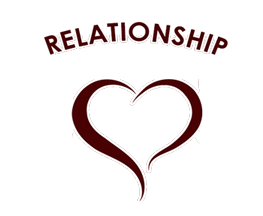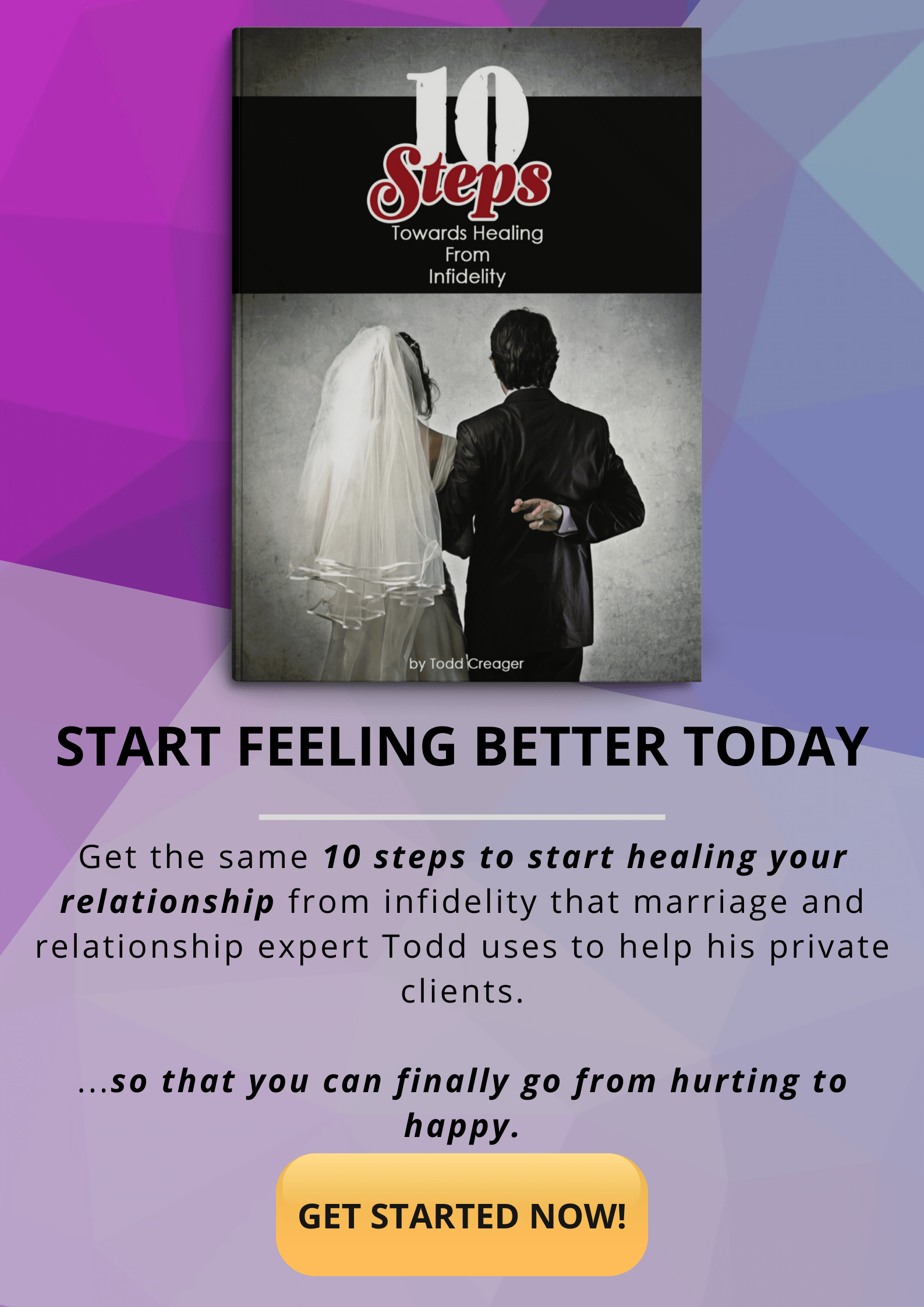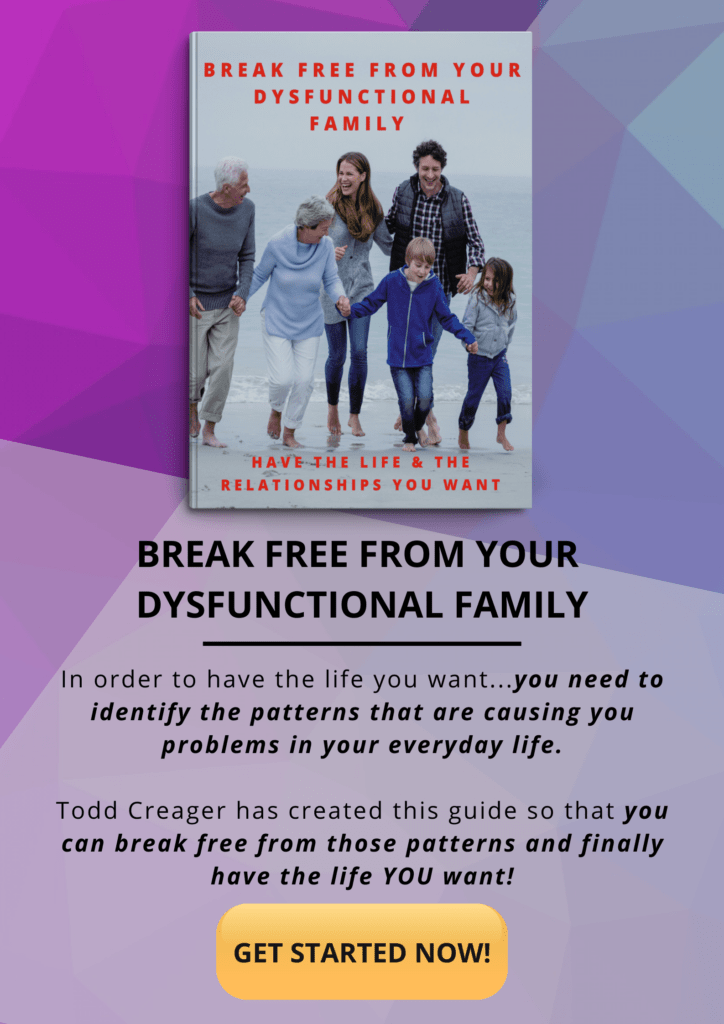As a marriage therapist, I have noticed one pattern that happens across all relationships. After a while, one partner begins to feel like the parent (managing, overseeing, watching the budget, etc.) and the other feels more like the child (restricted, nagged, controlled, approved or disapproved of).
When the female is in the parent role, it is a mother/son dynamic; when the male is in the parent role, it is a father/daughter dynamic. These parent child patterns become power struggles. Many shopping problems come from this dynamic where the female feels controlled and powerless and gets to experience her power as she shops. The male then tries to control more and the pattern can escalate. (Father/daughter dynamic)
Shopping problems within a committed relationship can often be signs of a power struggle. Commonly, it is the female who has the shopping problem. Often she experiences the relationship where she is being controlled by a male partner who is in an authoritarian position relative to her. She can unconsciously slip into an “adolescent-like” rebellious mode and express her “lost individuality” through shopping.
This is not to say that the female is the only one that has to work on herself. The man needs to look at his rigidity and close-mindedness. He needs to pay special attention to what words he says and how he says it. If he pays attention, he probably will notice a “lecturing” tone that will evoke the “little girl” part of his wife. He needs learn how to speak to her as an equal without the authoritarian stance.
The woman needs to discover healthier ways to express her individuality. She needs to reimagine him as her equal rather than her automatic projection of him as someone she needs to either comply with or rebel against. She is an adult and can learn how to experience her own ability to choose.
She needs to see herself as always able to say yes to what she wants and no to what she does not want to. Giving to her male partner is not about “pleasing daddy;” it is about her willingness to be a loving equal partner. Saying no to her partner is not about a power grab because she always had the power to say yes or no. If she says no, it is because she chooses to say no in this particular situation at this particular time.
Every time she has an urge to shop or spend excessively, she can stop herself and ask herself, “Where do I feel a lack of power?” and “How can I experience my power to choose in healthier ways?” She is free now to choose to say no to excessive spending; it is not about complying with her partner’s demands; it is about her ability to say no to herself when appropriate.
Lastly, she needs to ask herself if she has things in her life that make her feel good so that she does not need to shop excessively to feel good. She also can think about what she needs to ask of her husband to make her feel good.












Reader Interactions